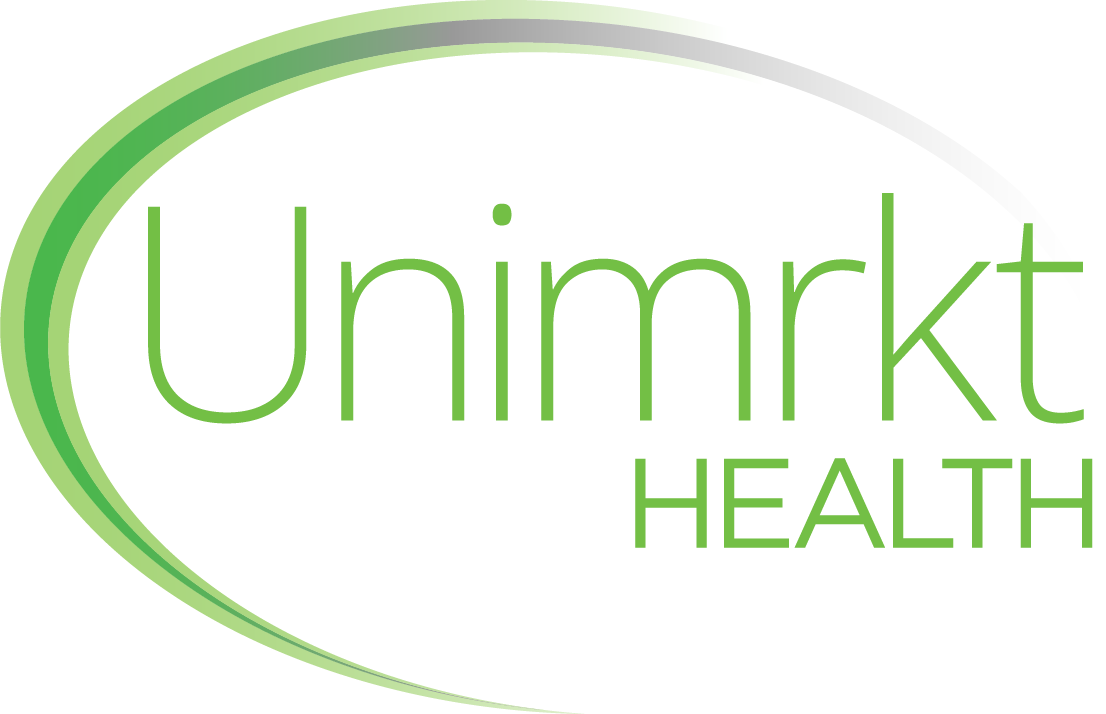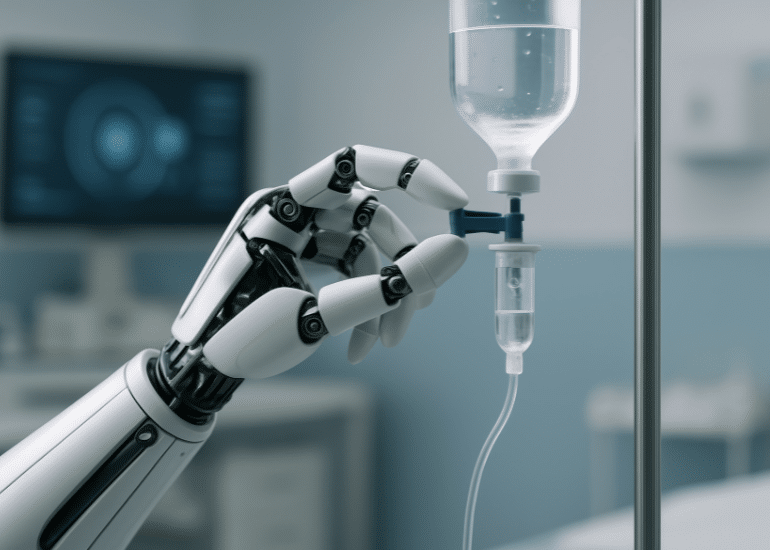Smart Home Tech and Healthcare: Evolving Trends and Dynamics
- Unimrkt Healthcare » Blog » Smart Home Tech and Healthcare: Evolving Trends and Dynamics
Did you know that devices such as smartphones, IoT devices, and wearables are making their way into the lives of the older population and young people at the same rate? As it stands, the demand for smart home care technologies is experiencing rapid growth. According to estimates, the global ‘smart’ home care market is set to reach $96.2 billion in 2030, whereas back in 2019, the market was worth $8.7 billion. Now, that’s some serious growth! Interestingly, the World Health Organization (WHO) estimates that by 2050, there will be over 2 billion people globally over the age of 60. Such a marked population shift will consequently increase the demand for value-based care and home care technology. As the demand grows, healthcare tech companies will require sophisticated quantitative market research services to assess their competitiveness and bring products to the market that resonate with the demands of the “old” population. Conducting quantitative research in the medical field, presents the best way to appreciate the market dynamics of smart home tech and healthcare, and how the trend can represent good news for tech companies.
Let’s explore home care technology
Smart home technologies for health monitoring, in particular, provide a plethora of options. There are even some predictions that the health care services provided from nine to five may soon become obsolete. Individual smart health devices, such as smartwatches and activity trackers, aren’t yet suited to comprehensively monitor our health. There is a dire need for new solutions, and many are now being developed. The solutions, according to experts, should be built on interoperability so that devices may talk to one another. Understandably, home care technology offers a more inexpensive alternative to other healthcare options like assisted living, nursing homes, and in-home patient care, enabling many families to provide their loved ones with the life-saving medical care they need. Home care technology can frequently take the role of conventional healthcare services. Given that not everybody can access healthcare professionals in a traditional, in-person setting, especially during the covid pandemic, telemedicine has grown in popularity over the past year. Telemedicine technologies enable the remote transmission of information, frequently via virtual mediums, between patients and doctors in order to address these as well as previously recognized problems including wait times and excessive healthcare expenditures. Patients can cut down on travel time, transportation expenses, and clinic visits by scheduling appointments over the phone, through video calls, or an app.
How smart homes can impact healthcare?
Imagine living in a house where entering the shower triggers a rapid, non-invasive health check and where the bed has sensors that can identify any symptoms of illness. The collected data is distributed among various household appliances (or sent to a healthcare provider of your choice) and generates alarms to help make sure your health is not jeopardized. This scenario is well in the making, as we will soon be able to live in houses that have health integrated into the design. Smart homes are increasingly serving as the foundation for smart cities, which allow for the efficient and intelligent sharing of resources while also offering residents individualized services tailored to their particular habits and demands.
Chronic Disease Management at Home
The current healthcare model that relies on home visits by nurses, doctors, and therapists is gradually being replaced by a new set of services. New “smarter” technologies are making their way into the healthcare industry. Telemonitoring of oxygen saturation, blood pressure, body temperature, and respiratory biometrics can drastically lower re-admissions of patients with chronic obstructive pulmonary disease, according to research published in 2017 by the Scripps Translational Science Institute (COPD). When it comes to caring for people with dementia, the use of home technology has already proven its benefits. Smart home tech can be utilized as a reminder for dementia patients and aids in directing them during routine daily chores. A person with dementia can be autonomously guided through tasks (such as washing their hands) by computerized devices using voice and/or audio-video prompts, decreasing the need for help.
Final word
As the smart home care tech makes its way into the healthcare industry, businesses will need to use distinct quantitative market research methods to find and detect relevant opportunities. As more people adopt a “digital life”, new opportunities will open up. And when it comes to detecting new market opportunities, the significant role played by quantitative market research in the health industry can never be overemphasized. This is why you need one of the proven healthcare research companies by your side. That’s where Unimrkt Healthcare comes into the picture. Our experienced team of research professionals is equipped with extensive knowledge and skills in designing and implementing the latest qualitative research methodology to meet your requirements. To learn more about our research methodology in health services, call +91 124 424 5210 or email sales@unimrkthealth.com. You may also fill out our contact form, and our representatives will get in touch with you at the earliest.
Recent Posts
- 10 Medical Online Survey Mistakes You Must Leave Behind in 2025
- How Qualitative Healthcare Research Can Accelerate Ethical AI Adoption
- Trust as a Growth Strategy: What Healthcare Leaders Can Learn From Business Market Analysis
- Mapping the Healthcare Value Chain: A Market Research Perspective
- Decoding Emotional Triggers in Treatment Choices: A Qualitative Approach
Archives
Quick Enquiry
Customer Service, We Make it Better
Related Posts:
Let's Connect
Please, fill in the form to get in touch!



